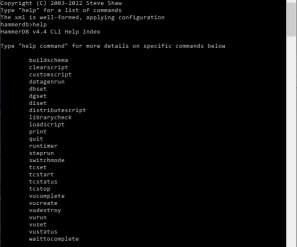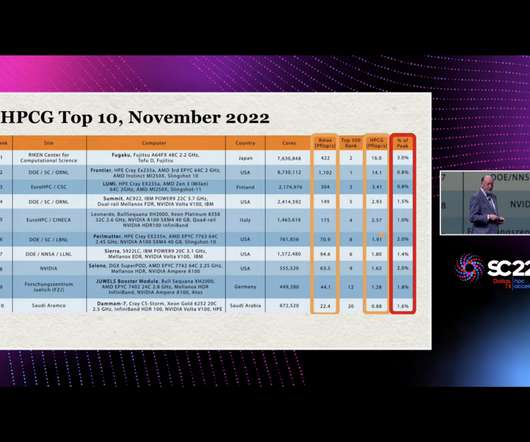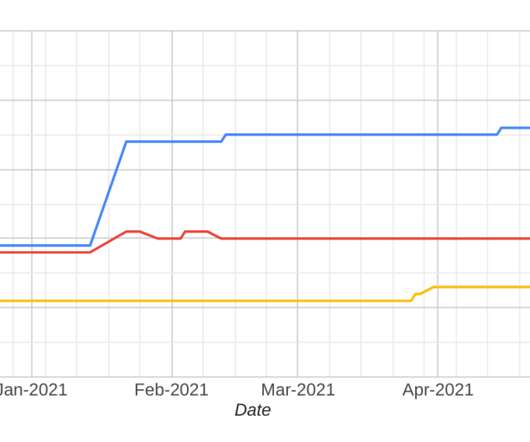Redis vs Memcached in 2024
Scalegrid
MARCH 28, 2024
In this comparison of Redis vs Memcached, we strip away the complexity, focusing on each in-memory data store’s performance, scalability, and unique features. Redis is better suited for complex data models, and Memcached is better suited for high-throughput, string-based caching scenarios.


















Let's personalize your content